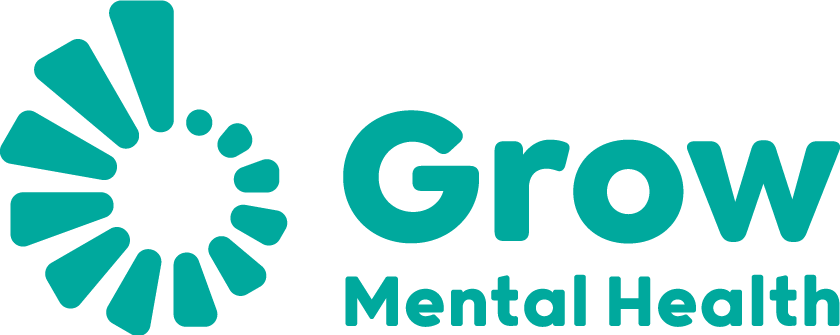The CEO of one of Ireland’s best known mental health charities had called on people to consider the needs of those who are isolated and vulnerable as the Coronavirus crisis takes hold.
Michele Kerrigan, of GROW Mental Health Recovery, has pointed out that with many social events across the country being cancelled and restrictions on travel, many people will suffer. As a result, she is asking everyone to be mindful on the needs of those who may feel more isolated over the coming weeks.

“It is a particularly difficult time for everyone, but especially the isolated and vulnerable who depend on social interactions for their mental wellbeing. We are fully in support of the measures being introduced by the Government and HSE but this inevitably will lead to further isolation for some people.
“I understand that everyone has their own needs at this time but I urge people to take a bit of time to made contact with someone in their community who might be lonely or struggling with anxiety,” explained Michele.
“While physical visits may not be prudent, it is essential that we keep in contact through phone or social media. A chat over the phone to somebody could make all the difference to their mental health, and can help in terms of reassurance or to help organise food and essential items such as medication,” she added.
GROW Mental Health recovery is a community-based mental health service that is available right across Ireland. The advantages of GROW is that it free and because you don’t need a referral you can get immediate access to support.
GROW’s weekly support meetings offer members a practical path out of mental and emotional issues. The programme empowers members to construct their own recovery plan and journey towards personal growth. Its principal strength is the support its members give to each other, drawing on their own successful experiences of recovery.
The organisation has been working in Ireland since 1969 and there are currently 130 groups across the country where members help each other on the road to recovery.
International research on GROW’s programme of recovery shows that “over a period of time they need significantly less professional help and have less chance of relapse. They are significantly more likely to be in employment and will have wider support networks. They are also more likely to reduce, or dispense with, medication”.
